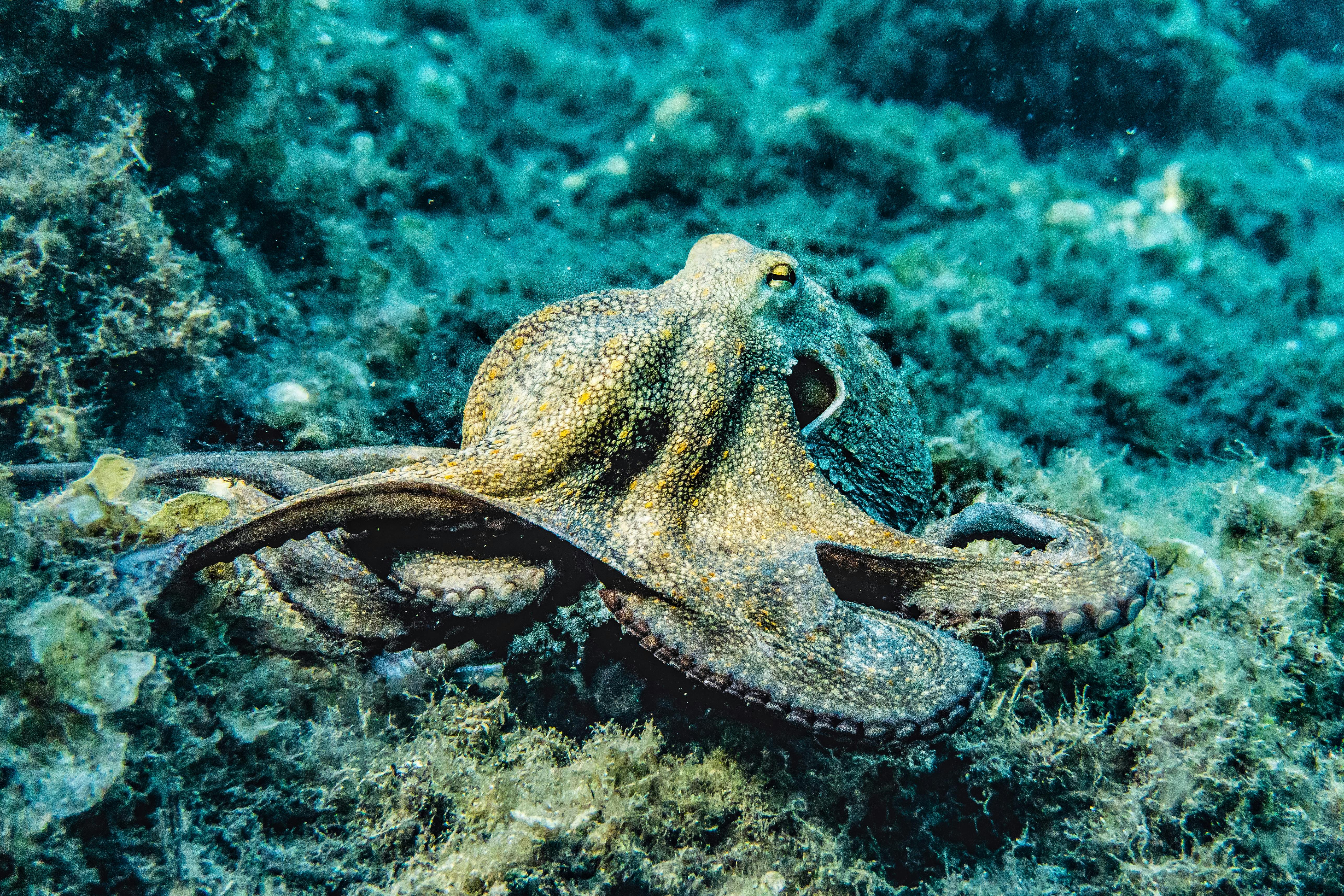Unmasking the Intelligence of Octopuses: A Deep Dive into Their Unique Behavior and Cognitive Abilities
Hidden beneath the surface of the ocean lies a world of remarkable creatures. Among them, one stands out for its astonishing intelligence and fascinating behavior - the octopus. This article will immerse you in the world of these intriguing sea dwellers, revealing their unique cognitive abilities and casting a fresh light on their life underneath the waves.

Unraveling the History of Octopus Research
The study of octopuses dates back to ancient times when Aristotle described them as “stupid” due to their habit of approaching baited hooks. However, the 20th century brought an evolutionary twist to this perspective. Pioneers like Martin Wells and Jacques-Yves Cousteau observed octopuses exhibiting problem-solving abilities, which sparked a new wave of fascination and respect for these creatures. Since then, research has continued to reveal the profound cognitive abilities that these marine invertebrates possess.
Current Discoveries: Octopuses are More Intelligent than We Thought
Recent research has been turning the tide of our understanding about octopuses. Studies have shown that these creatures are capable of complex cognitive behaviors such as tool usage, problem-solving, and even escaping from closed containers. Remarkably, they can also change the color and texture of their skin to blend with their surroundings, demonstrating a high level of environmental awareness and adaptability.
The Market Impact of Octopus-Inspired Innovation
The intelligent behaviors and physical attributes of octopuses have inspired innovations in various fields. For instance, in the world of robotics, scientists are developing soft, flexible robots modeled after the octopus’s boneless structure. The estimated market for such soft robotics could reach $3.5 billion by 2025, demonstrating the significant impact of these marine creatures on human life and economy.
Backing Claims with Research: Unpacking the Octopus Brain
Research has been key in validating the intelligence of octopuses. Unlike other invertebrates, octopuses have a highly developed nervous system and a large brain. Studies suggest that two-thirds of an octopus’s neurons are located in its arms, allowing it to taste, touch, and manipulate objects. This decentralized nervous system is unlike any other species on Earth, adding to the mystery and intrigue of these creatures.
Making Complex Accessible: The Octopus’s Unique Cognitive Abilities
While the cognitive abilities of octopuses may seem complex, they’re actually quite accessible when broken down. Octopuses are capable of both short and long-term memory, recognizing individual humans, and can even learn from observing other octopuses. This level of cognitive complexity parallels that of many mammals, making octopuses one of the most intelligent creatures in the ocean.
In conclusion, octopuses are far more than just eight-armed sea creatures. They are a testament to the incredible diversity and complexity of life beneath the waves. With ongoing research, we continue to uncover the extraordinary intelligence of these marine animals, and in doing so, gain a greater appreciation for the wonders of the animal kingdom. Each discovery not only informs us about these fascinating creatures but also inspires new innovations that have the potential to revolutionize our world.




